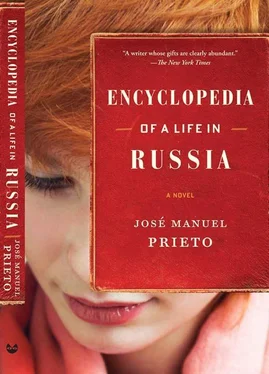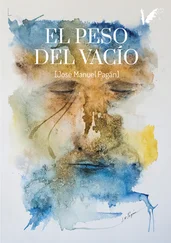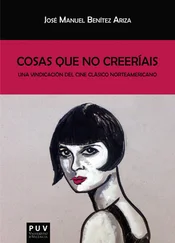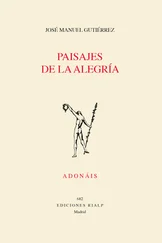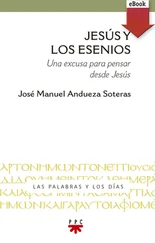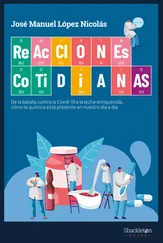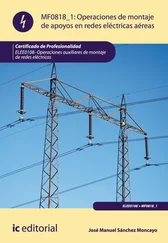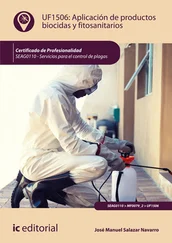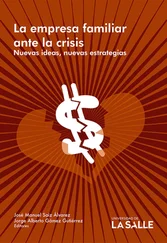The pressure exerted by these devices, which are like outposts of the IMPERIUM in every home, is so enormous that on the evening of that very day, as we’re drinking TEA in the kitchen and talking about Phobos, the Martian moon that has an anomalous orbit, my hostess suddenly turns toward the RADIO: “No, I don’t believe there’s life on Mars. Those strange canals don’t prove a thing. It’s so far away, too, though its reddish coloration. .”—she hesitates a second, then wags a finger at it, “Go ahead, you can put that opinion in my file!” And she flashes a smile for the RADIO and for the two of us, a smile that instantly dissolves into a shudder. Then at last I understand. We’re “wired” like a police informant at a drug deal! An animal terror prevented people from disconnecting those RADIOS from the network that extended across the IMPERIUM: somewhere, in some remote panel watched by the Ministry of Truth, the red light for apartment five would start to blink.
That RADIO was on all day; in despair I tried to move it away from the foreground of my perception and into the deep background, to reduce it to a monotonous whisper, but then I would fall into the trap of the unforeseen silence, abandon my hiding place to look for it, and HA! It would hurl itself at my neck, pecking me with innumerable facts about the life and work of Vissarion Belinsky, the problematics of generational struggle in Turgenev’s House of the Gentry . . and so on ad infinitum.
The second day, I understood in astonishment that the RADIO was meant to be educational, a grandiose enlightenment crusade that haughtily ignored the laws of perception: several full-length lectures followed by two Puccini sonatas rescued from oblivion. I came to think that these RADIO programs had always been there in the air, guiding humanity through obscure centuries of ignorance, a notion derived from the joke about Popov, the scientist to whom Russians attribute the invention. When he tuned in his first RADIO, Popov was amazed to capture a transmission in the ether. It was Marconi, effusively congratulating him in Italian!
I have no desire to gain knowledge of the five different methods of hand milking practiced in Moldavia nor of the nineteenth-century infant mortality rate in Silesia. I left that house for good after the third day.
RASKOLNIKOV, INC. Saint Petersburg was still a good city for shuttered courtyards, dark stairways, tenacious drizzle, flooding, and usury. And old women who looked the part. Bent over, they dragged themselves along the treeless sidewalks, shuffling into hallways, collecting interest. I knew these were women who had survived the nine hundred days of the siege, but when I watched them go past I thought about Lizaveta the idiot, about money and the family heirlooms they may have preserved, wrapped in filthy calico handkerchiefs. Sometimes I would observe one of them as she made her way down the street, following her a short way behind. Suddenly her acute octogenarian ears would pick up the squelch of my shoe in a puddle and she would turn, and since, in her far-distant youth she, too, had read F.M., she would take a long look at the skirts of my overcoat and her eyes would be dry; she was prepared to confront the blow of the AX undaunted. In fact, these were all very poor old women but they still had faded TEA services or moth-chewed mink coats and hence lived in fear of a robbery.
But Saint Petersburg is still a good city for real usurers and antique dealers with collections of great value. Among the sources of this ENCYCLOPEDIA I keep a clipping about the violent death of a collector of antiquities and his elderly female servant. I was seduced by the outline of the story: the elderly lover of Chinese bronzes and his housekeeper, and the thieves who put him to death.
There was enough there for several gangs: the collection was estimated to be worth almost a trillion rubles, or at least several hundred billion, that is, several tens of millions of dollars. An enormous quantity of money, enough to stage a live production of War and Peace with wounded Prince Andrei contemplating the sky and Bonaparte reviewing the troops at Austerlitz. The old man had amassed the valuable collection over years of intense smuggling that had brought him all those rubles. He could have organized a cycle of lectures on “How to make a million!” with no fear it would fail to sell out. The millions were in Chinese bronzes and antiques. Beneath tortoises with hieroglyphs on their shells, the whales of crepuscular Saint Petersburg swam, and above those tortoises stood the elephants of money-changing, the most basic form of usury, and there he was on top, the collector, crowning the whole mess, with the thieves beside him, about to cast him down into the abyss to swim with the whales. The reporter writes that the collection began with the contents of several containers smuggled out of the People’s Republic of China, where the collector had traveled in the 1950s to build a hydroelectric dam. Several containers. Very twentieth century indeed. Those were serious calculations, revelatory of the character of an entire period. Sixty or seventy million Russians have died unnatural deaths so far this century: wars, hunger, and the Archipelago. This brings about a certain mental transformation. The man, the late collector, finds himself in China, and China turns out to be a very large country, and he thinks about shipping containers. The RASKOLNIKOVS who planned the robbery were also thinking about millions but not so many. That must have taken them by surprise. They load up with antiques worth many millions of rubles and leave the apartment. Then, after the crime is discovered, while the experts are cautiously making their way through hallways still replete with marble and bronze, the millions keep on disappearing. The militsia proceed to seal off the apartment, but the next morning they find the seals broken and several million more rubles of value gone missing. It would have taken four bands of RASKOLNIKOVS to ransack that treasure trove, and four F.M.s to describe the burns inflicted by lit cigarettes (they tortured him but he did not reveal where the cash was hidden) and the many AX blows dealt to both victims. There were too many millions there, and this is Saint Petersburg; the reporter makes no mention of any electronic alarm system or bodyguard to protect the antiquarian gentleman, or any policy taken out to insure against robbery (impossible in any case, since the collection was illegal). He describes only the vulnerable apartment, the knock at the door, the collector’s glance out the peephole, and the tiny face of the elderly housekeeper returning from the market enclosed within it, the gilded frame of thugs who had been following her still invisible.
Do all of you out there understand? From here on, I’m expecting you to lend a bit more credence to what I’m telling you. Saint Petersburg was the right city for carrying out my plan. I’d rented a suite of rooms at the Astoria at a rate of $550 per night and I wanted to see the room F.M. had rented not far from there — I don’t know how much he paid.
ROMANZAS. K** directed her questions through the mouth of her guitar and the succession of arpeggios gave true answers whose authenticity struck deep into the soul. At times, when night was far advanced, she would begin some ROMANZA of southern Russia, legs crossed: the wheat fields and the soldier who marches away with his troop. And there before us was a part of the world, a light region of the globe that was a field of undulating wheat and the women at their harvest in their calico shawls, some perfectly nineteenth-century province. K** would sing for hours in her slender thread of a voice, beautiful country ROMANZAS, and I would rest my ear against her flowered housecoat to listen as the cascade of h s she had stored up in her chest flowed forth. That was how we passed the nights, without electric light, without central heating. Is it true that we were still just the same as we had been for many centuries? To sing a ROMANZA and read tomes of Karamzín’s History at night was better than switching on the RADIO. As we went to sleep, I would invariably say to her “ Que sueñes con los angelitos!” (“May you dream of little angels!”) which sounded like this in Russian: “ Pust tebe sniatsia angely! ” That certainly merited a ROMANZA, and I lost no time composing one.
Читать дальше
